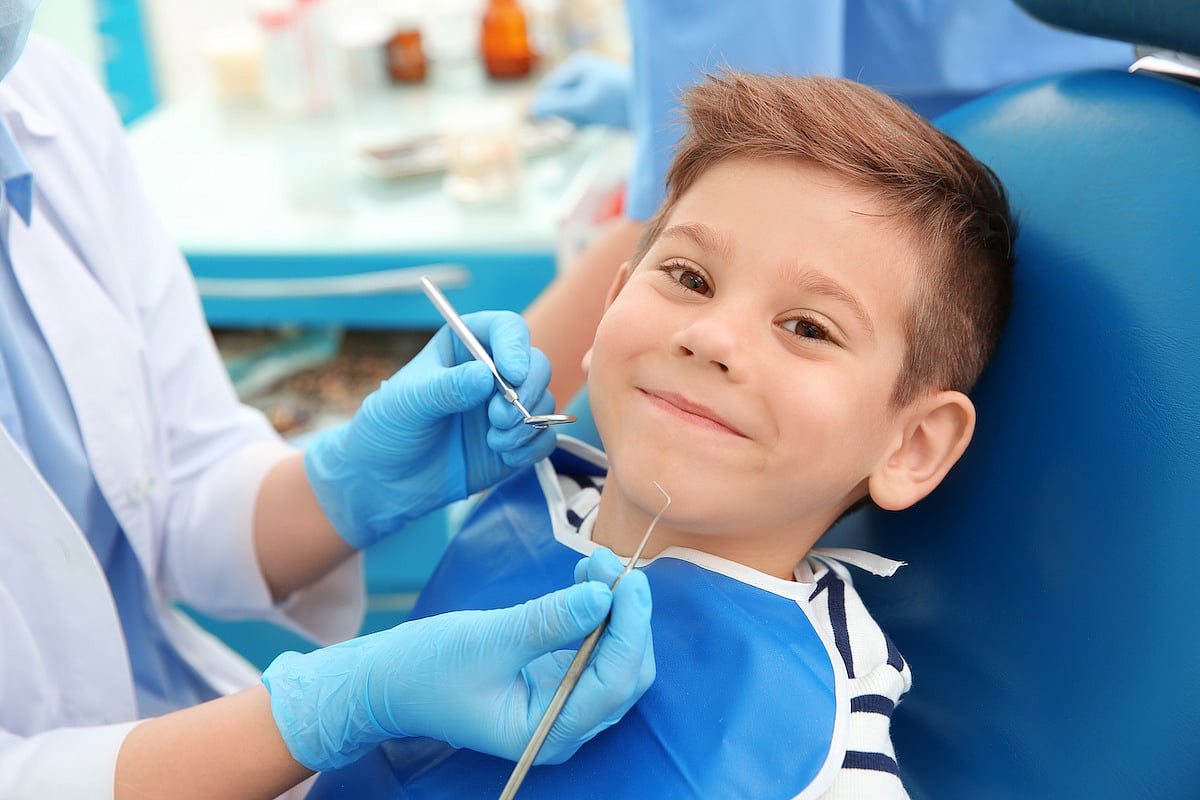THANK YOU!
Manténgase sano!

- Posted September 4, 2025
Saliva Might Keep Fruit Juice From Rotting Teeth, Study Says
Some parents avoid giving their kids fruit juice, for fear that it might rot their teeth.
But the bad effects of juice on a child’s oral health could be short-lived, thanks to the remarkable properties of saliva, according to a new study.
Saliva protects teeth and gums from bacteria by creating a slippery film on teeth, and also can help repair early damage to tooth enamel, researchers said.
Sipping some apple juice temporarily disrupts this protection, but the effect begins to wear off within 10 minutes, researchers reported Sept. 3 in the journal PLOS One.
In fact, researchers found that water causes greater initial disruption to saliva’s protective properties, although recovery is much faster.
“We were genuinely surprised by these results,” lead researcher Mahdi Mutahar said in a news release. He’s a senior lecturer in dentistry with the University of Portsmouth’s School of Dental, Health and Care Professions in the U.K.
“It’s long been believed that apple juice, like other acidic drinks, immediately harms our oral health, including the teeth,” he said. “However, our research shows that saliva plays a vital role in protecting and quickly repairing the mouth to prevent lasting damage.”
There’s a "but," however.
“But it’s important to point out that long-exposure to apple juice — by repeatedly drinking it or not washing your mouth out with water after taking a sip — can have a long-term negative effect on our oral hygiene,” Mutahar added.
For the study, researchers asked 32 healthy college students and staff to rinse their mouths with apple juice for one minute, then repeat the process with tap water.
The team used cutting-edge lab techniques to measure how slippery and protective saliva is before and after drinking both beverages.
Results showed that key proteins found in saliva are affected when a person drinks apple juice, but that mucins — spit’s main lubricating proteins — remain stable.
After one swig of apple juice, lubrication returns to normal as mucins resume their slippery protective work, researchers said.
“The biggest shock though was discovering that rinsing mouths with tap water actually caused more friction and disruption than apple juice,” Mutahar said.
Portsmouth tap water contains high concentrations of sodium, potassium and magnesium, which interfered with mucins, lab tests revealed.
“The Portsmouth water we used contains minerals that seem to interfere with saliva’s lubricating proteins, more than the fruit juice did,” Mutahar said.
These results suggest that drinking fruit juice now and then might not be immediately damaging, thanks to how saliva works.
But chugging fruit juice throughout the day could overwhelm the natural defense provided by saliva, affecting oral health, researchers warned.
“Think of it like a cut on your skin,” Mutahar said. “Your body can heal small, occasional damage quite well, but if you keep reopening the wound, it becomes a problem. The same principle applies here.”
Researchers recommend that children and adults who want to drink some fruit juice should:
Drink the juice quickly, rather than sipping slowly.
Rinse with water immediately afterward, to remove lingering acids and sugars.
Use a straw to reduce contact between the juice and teeth.
Give your mouth time to recover between juice drinks.
The research team is now exploring what happens if people drink juice several times a day. Future research could look at whether adding protective proteins like mucins to everyday drinks could protect people’s teeth and gums.
More information
The University of Pennsylvania has more on juice and tooth health.
SOURCE: University of Portsmouth, news release, Sept. 3, 2025







